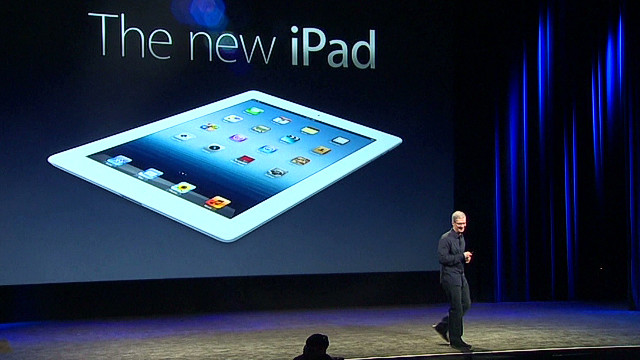This article was featured in forbe publication 2012.
Oh, to be young and rich.
No matter how much money Carlos Slim, Bill Gates, and Warren Buffett have, there’s one thing they can’t buy: youth. There are an elite few who want for neither money nor time, youngsters in their 20s and 30s who have already amassed or inherited more money than they could hope to spend in a lifetime.
The youngest billionaire in the world is 27-year-old Dustin Moskovitz, Facebook’s third employee. Moskovitz was a roommate of Facebook founder Mark Zuckerberg, who happens to be only 8 days older. The duo dropped out of Harvard and moved to Silicon Valley together to launch the fledgling social network. Now a world-wide phenomenon, Facebook is set to IPO in 2012, which could further boost the fortunes of the two youngest billionaires.
Neither Moskovitz nor Zuckerberg have let their burgeoning wealth change them too much. Moskovitz left Facebook in 2008 to start Asana, a collaboration and messaging software company where stated values include “being a mensch” and “chill-ness.” He signed onto the Giving Pledge in 2010, and is now establishing Good Ventures, a foundation with his live-in girlfriend and former journalist Cari Tuna. Moskovitz, who often bikes to work and flies commercial, says his wealth has not changed his lifestyle much: “I used to be really anxious about money. I got that from my parents. I still am, for entirely different reasons.”Zuckerberg, still the head of Facebook, remains eccentric. He pledged $100 million to the schools in Newark, NJ and vowed through 2011 to only eat meat that he killed himself. Despite the coming IPO, he spent a relatively modest $7 million for a Palo Alto house, where he and his longtime girlfriend, Priscilla Chan, now live.
Two others products of Facebook are in the top ten youngest. Eduardo Saverin, 30, was immortalized in the movie The Social Network, in which he was depicted being betrayed by Zuckerberg. After a lawsuit, Saverin ended up with 5 percent of the company, more than enough to catapult him into the billionaire ranks. Sean Parker, co-founder of music piracy site Napster and former Facebook president, is also only 31 years old. He jumped from Facebook to the next big thing in online music, Spotify.
Of the rest of the 20 youngest, only two are women — and both inherited, rather than built their fortunes. Yvonne Bauer, 34, is the fifth generation of her family to run a German mass-media company started in 1875. The $1.7 billion (sales) group that her father handed over to her in 2010 publishes magazines in 15 countries worldwide including the U.S., Mexico, Russia and China. Yang Huiyan, 30, is the main shareholder in Country Garden Holdings of Guangzhou, one of China’s largest property developers. The company’s chairman is Yang’s father, Yeung Kwok Keung, who transferred his holding to her before the company went public in Hong Kong in 2007. She graduated from Ohio State University with a degree in marketing and logistics, but is rarely seen in public.
In addition to Bauer, there are three more newcomers among the youngest 20 billionaires. Robert Pera, 34, is a former Apple engineer who struck out on his own in 2005 with the goal of bringing affordable internet access to the world’s emerging markets. Pera said, ”Apple’s a great company, but I realized I wanted to have more success faster.” Six years later, Pera became a billionaire when his Ubiquiti Networks went public in October 2011.
New billionaire Maxim Nogotkov, 35, also comes from the world of computers. He got his start selling computer programs and cell phones while in school, but dropped out of college in order to have more time to focus on building his business. By 2000 he was trading cell phones wholesale and he later founded cell phone retailer Svyaznoy. The privately held company is now the second-largest cell phone retailer in Russia.
Chase Coleman, 36, eclipsed John Arnold this year as the youngest billionaire hedge fund mogul. A direct descendant of Peter Stuyvesant, the last Dutch governor of New York, Coleman grew up with old money and grew his net worth exponentially as head of the Tiger Global hedge fund with more than $6 billion in assets. The Williams grad and protege of legendary investor Julian Robertson set out on his own in 2001, prospering on well-known technology stocks such as Apple and Priceline as well as pre-IPO shares in Facebook and LinkedIn.
source: forbes magazines
Retweet this story


